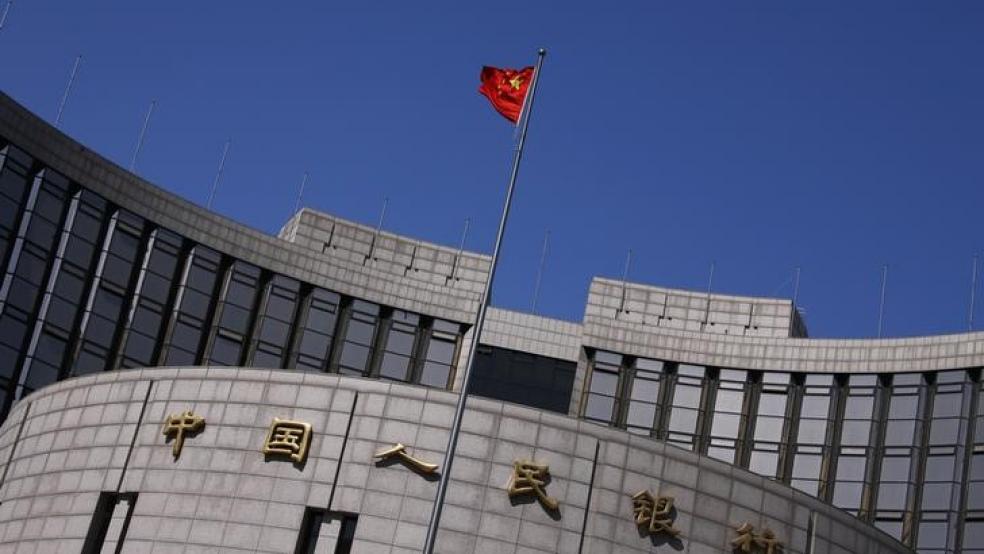In a contentious hearing on Tuesday, members of the Senate Foreign Relations Committee pressed Secretary of State Rex Tillerson on the Trump administration’s seeming ambivalence about the exercise of “soft power” by American diplomats.
Tillerson was there speaking in favor of a Trump administration budget that would slash his department’s funding by more than one-third, with much of the funding coming out of relatively inexpensive foreign aid programs. Members of the committee were plainly stunned by Tillerson’s admission that he has no plans to get busy filling a multitude of empty positions in the State Department until next year.
Related: More Money for Defense? Why Congress Needs to Look Twice at the Military Budget
“This is really just the wrong message,” said Republican Sen. Lindsey Graham of South Carolina, commenting on the reduction in foreign aid spending. “I am at a loss.”
The panel’s chairman, Tennessee Sen. Bob Corker, declared even reading the administration’s proposal a “waste of time.” He explained, “I think you know, the budget that’s been presented is not going to be the budget that we’re going to deal with. It’s just not.”
Members of the Senate aren’t the only ones noticing the Trump administration’s manifest desire to pull back on American involvement with the rest of the world, whether it be through economic assistance, diplomacy, or a combination of the two. One needs to look only a China’s increasing outreach to countries across all regions of the globe to note that Beijing is positioning itself to fill what increasingly looks like a power vacuum created by the US retreat from the global stage.
The latest example is the move by China to take the lead in negotiating a peaceful resolution of the current tensions between Afghanistan and Pakistan. The Chinese government has taken an unprecedented step by offering to serve as the broker for peace talks.
Related: Of Four Options Facing Trump in Qatar, Only One Is the Right Choice
“It is the first time that China wants to be a mediator in Afghanistan’s peace process, and soon the Chinese Foreign Minister will visit Kabul,” Afghan President Ashraf Ghani told Tolo News, a 24-hour cable news service in his country. “Peace with Pakistan was our demand, and this must be solved between government and government.”
The Chinese government has been engaged in the effort to bring peace between the Afghan government and the Taliban forces that have found refuge in Pakistan’s loosely governed northern border region. However, until now, China has not exercised the kind of leadership role it is now looking to assume.





